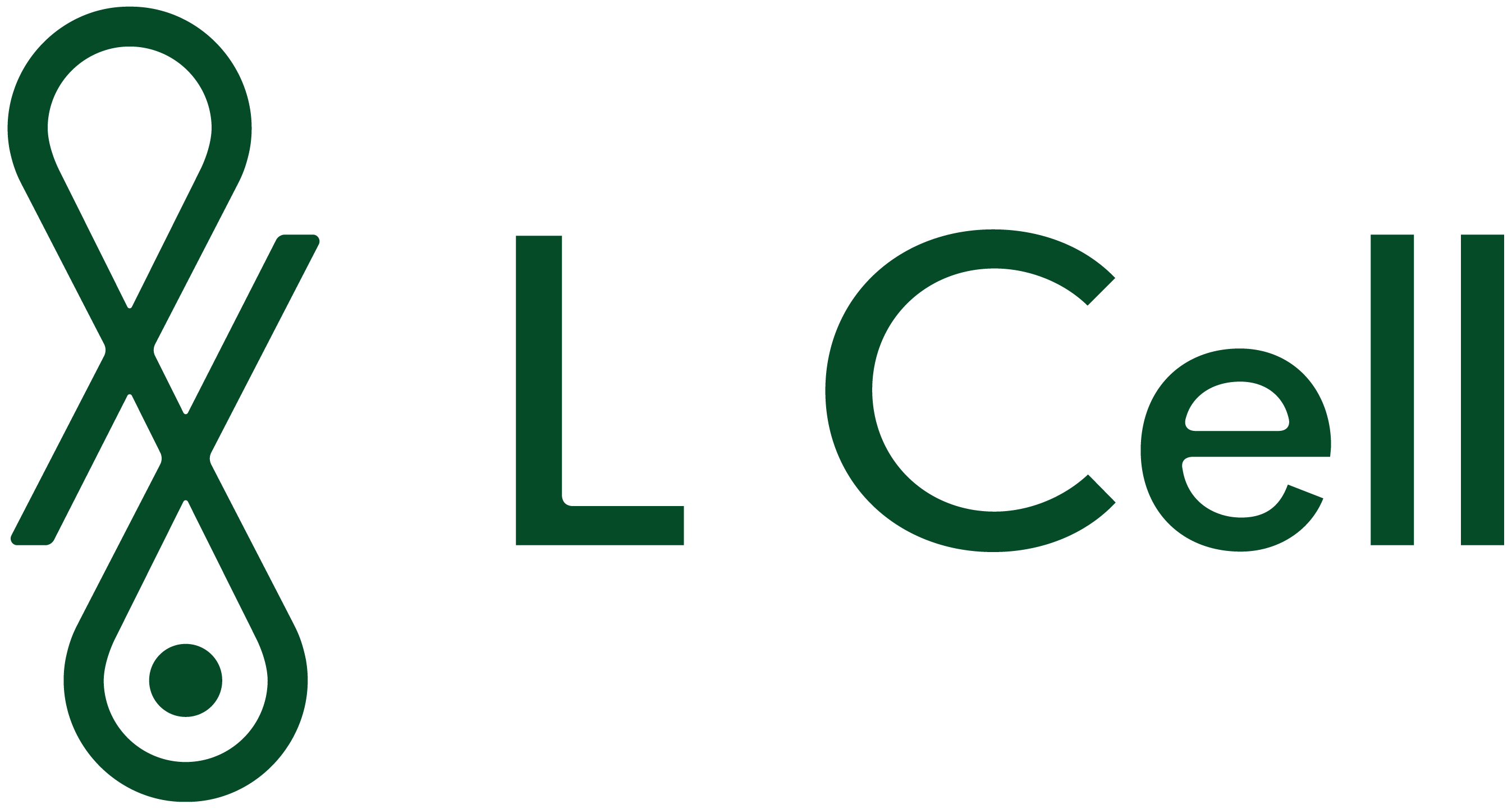Article: Why do our bodies get old?

Why do our bodies get old?
In order to understand, how can we improve our healthy lifespan, we shall understand the main causes of aging.
Aging is a complex biological phenomenon that involves a gradual decline in the function and integrity of cells throughout the body. While aging is influenced by a combination of genetic, environmental, and lifestyle factors, at the core of this process lies the aging of our individual cells. Let's explore how our cells age and the key mechanisms involved in this fundamental process.
1. Telomere Shortening: One of the primary mechanisms underlying cellular aging is telomere shortening. Telomeres are protective caps at the ends of chromosomes that shorten with each cell division. Over time, as telomeres become progressively shorter, cells reach a state of replicative senescence where they can no longer divide. This contributes to aging and cellular dysfunction.
2. Accumulation of DNA Damage: Cells are constantly exposed to internal and external sources of DNA damage, such as oxidative stress, radiation, and chemical toxins. Over time, this damage accumulates within cells, leading to mutations and impairments in DNA repair mechanisms. Accumulated DNA damage contributes to cellular senescence and dysfunction.
3. Decline in Mitochondrial Function: Mitochondria are organelles responsible for generating energy within cells. With age, mitochondrial function declines due to oxidative damage and mutations in mitochondrial DNA. Impaired mitochondrial function leads to decreased energy production and increased production of harmful reactive oxygen species (ROS), further accelerating cellular aging.
4. Cellular Senescence: Cellular senescence refers to a state where cells cease to divide but remain metabolically active. Senescent cells accumulate with age and secrete pro-inflammatory molecules, contributing to chronic inflammation and tissue dysfunction. This process is implicated in age-related diseases such as osteoarthritis, cardiovascular disease, and neurodegenerative disorders.
5. Altered Gene Expression: Aging is associated with changes in gene expression patterns within cells. Certain genes that regulate cellular functions, repair processes, and stress responses become dysregulated with age. This altered gene expression profile contributes to cellular dysfunction and age-related pathologies.
6. Dysfunctional Protein Homeostasis: Proteostasis, or protein homeostasis, refers to the balance between protein synthesis, folding, and degradation within cells. With age, cells experience disruptions in proteostasis, leading to the accumulation of misfolded and damaged proteins. This phenomenon is implicated in neurodegenerative diseases such as Alzheimer's and Parkinson's disease.
7. Impaired Autophagy: Autophagy is a cellular process that involves the degradation and recycling of damaged cellular components. Declining autophagic activity with age leads to the accumulation of dysfunctional organelles and protein aggregates within cells, contributing to cellular aging and degeneration.
8. Epigenetic Changes: Epigenetic modifications, such as DNA methylation and histone modifications, play a crucial role in regulating gene expression patterns. Age-related alterations in epigenetic marks can lead to changes in gene activity and cellular function, contributing to the aging process and age-related diseases.
In summary, cellular aging is a multifaceted process involving interconnected mechanisms that ultimately lead to a decline in cellular function and tissue integrity.
Improving healthy lifetime means counteracting the 8 natural aging processes mentioned above. All of them can be contested by healthy routine and usage of particular longevity dietary supplements.
While aging is a natural part of life, understanding the underlying mechanisms of cellular aging can inform strategies to promote healthy aging and delay the onset of age-related diseases.
Ongoing research in the field of aging biology continues to uncover new insights into the intricacies of cellular aging, offering potential avenues for interventions to enhance longevity and quality of life.



Leave a comment
This site is protected by reCAPTCHA and the Google Privacy Policy and Terms of Service apply.